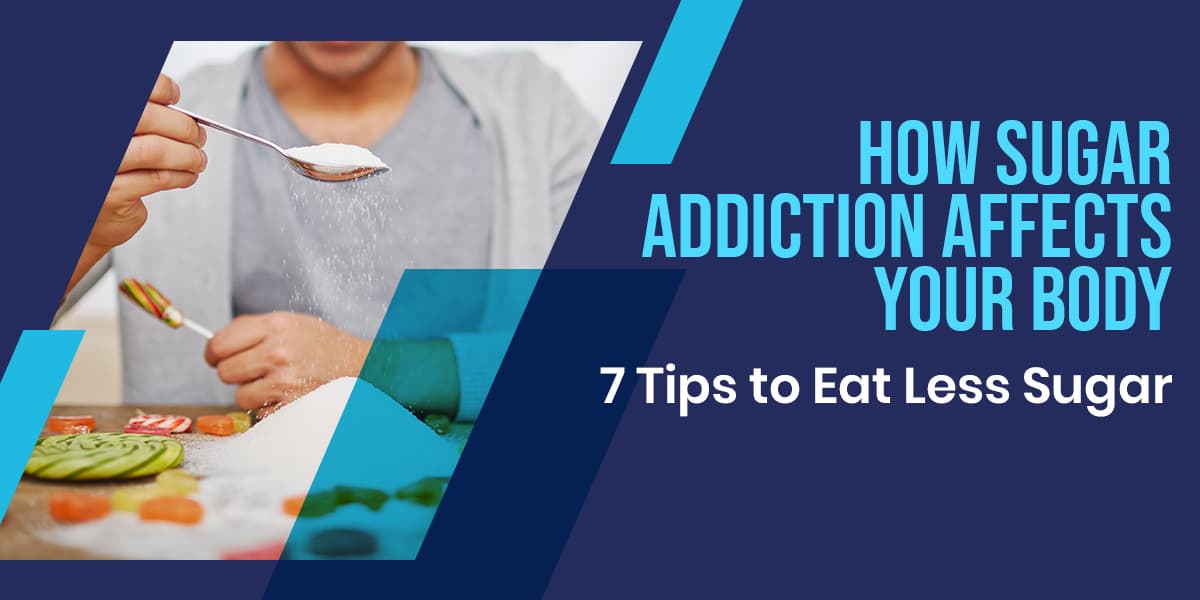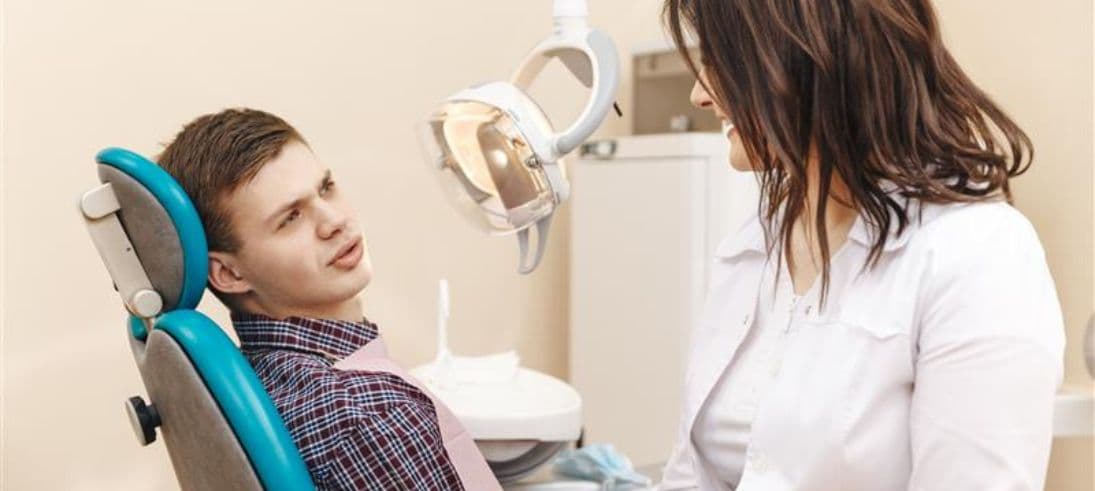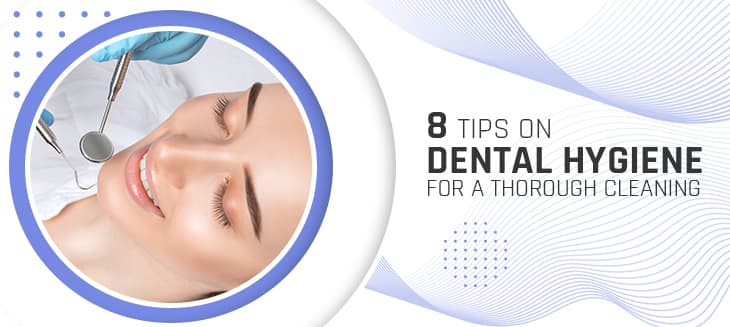Why is early dental hygiene education important for children?
When it comes to raising happy, healthy kids in London or anywhere else - one of the most overlooked yet vital aspects is oral health. Did you know that good dental hygiene starts as soon as your child's first tooth appears?
Why Is Early Dental Hygiene Education Important for Children?
Establishing good habits early helps them avoid costly, painful problems down the line. In the UK, child tooth decay remains alarmingly common. According to recent NHS data, nearly 25% of five-year-olds have experienced some form of tooth decay.
When Should Parents Start Brushing a Baby's Teeth?
The NHS advises starting as soon as the first milk tooth pops through. Here are some age-specific tips:
- Under 3 years: Use a smear of fluoride toothpaste (1000 ppm) and a soft-bristled brush designed for babies.
- Ages 3–6: Increase the amount of toothpaste slightly (a pea-sized blob).
- Supervise closely: Kids lack the dexterity to brush effectively until they're about 7 or 8.
Conclusion
Early dental hygiene education is the foundation for lifelong oral health. By starting early, making brushing fun, and collaborating with schools and nurseries, parents can ensure their children grow up with strong, healthy teeth.









